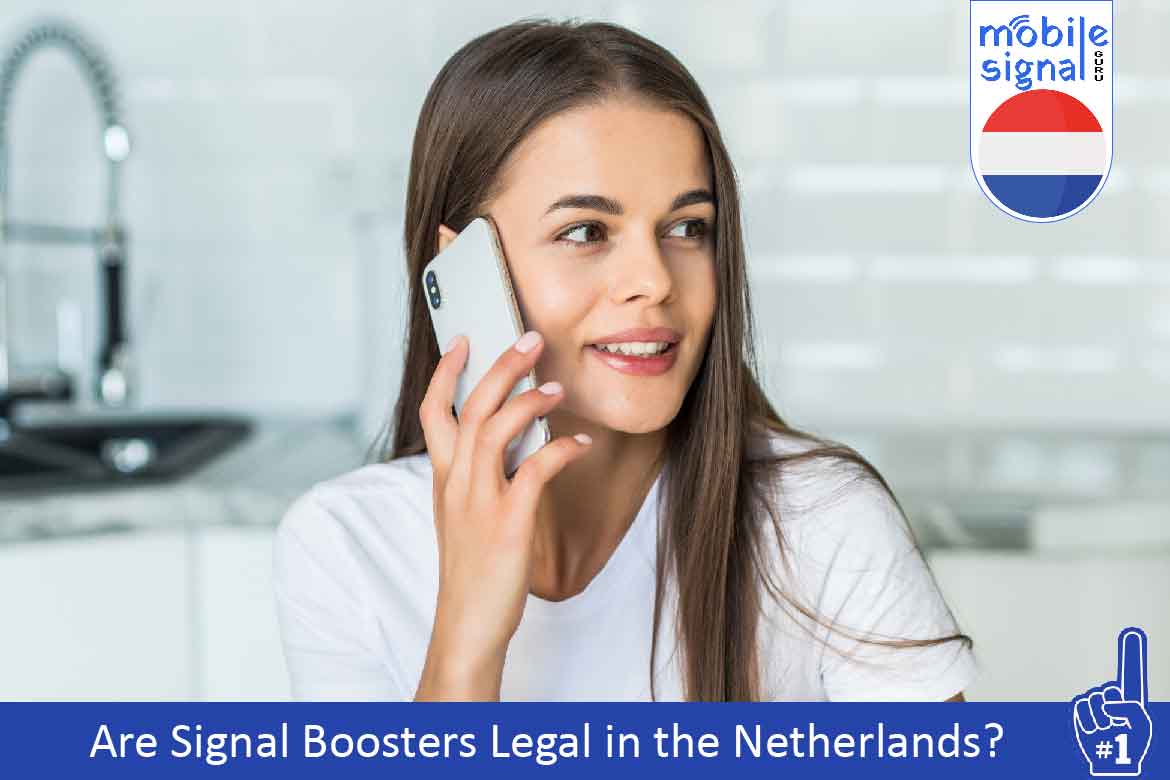Signal boosters, also known as mobile signal repeaters, are devices designed to improve mobile call quality and internet speed. Many people use them in areas with poor mobile signal coverage to boost their network performance. However, before installing a signal booster, it’s important to understand whether they are legal in the Netherlands. In this article, we’ll explore the legality of signal boosters, how they work, and the rules and regulations that apply to their use in the Netherlands.
What is a Signal Booster?
A signal booster is a device that amplifies the mobile signal. It consists of three main components: an outdoor antenna, an amplifier, and an indoor antenna. The outdoor antenna picks up the weak signal from the mobile network, which is then amplified by the booster. The boosted signal is broadcasted indoors through the indoor antenna, improving the mobile signal.
<pstyle=”text-align: justify;”>Signal boosters are commonly used in rural areas, basements, and buildings with thick walls where the mobile network coverage is weak. They can improve both call quality and data speed, offering a better experience for mobile users.
How Do Signal Boosters Work?
Signal boosters work by amplifying weak mobile signals. They use a combination of antennas and amplifiers to capture weak signals, increase their strength, and broadcast them inside a building or area that is far from a mobile tower. This helps improve call quality, reduce dropped calls, and speed up data transfer for tasks like browsing, streaming, and downloading.
While signal boosters are generally effective, their performance can depend on the quality of the signal outside the building and the strength of the booster itself. A good signal outside the building will result in a stronger, more reliable signal inside.
Are Signal Boosters Legal in the Netherlands?
In the Netherlands, the use of signal boosters is regulated by the Dutch government and telecommunications authorities. The legality of using signal boosters depends on how they are installed and whether they comply with certain rules. Let’s break down these rules and regulations.
The Role of Agentschap Telecom
The primary body responsible for regulating mobile telecommunications in the Netherlands is Agentschap Telecom, which is the Dutch Authority for the Regulation of Telecom. This agency ensures that all mobile devices, including signal boosters, comply with the country’s telecommunications laws. Agentschap Telecom oversees the legal use of mobile equipment, including signal boosters, to maintain network integrity and avoid interference with other communications.
Under Dutch law, it is legal to use a signal booster only if the device is made according to the guidelines of the Agentschap. Unauthorized signal boosters that cause interference with the mobile network or other wireless services are illegal. Therefore, it is crucial to use only legally approved and certified boosters in the Netherlands. Our signal booster fully comply with the guidelines of Agentschap and hence you can buy and use them for both personal and commercial purposes in the Netherlands.
Why Do Some Signal Boosters Cause Problems?
Not all signal boosters are created equally. Some devices can cause interference with mobile networks, which can degrade the quality of service for other users. This is why unauthorized or poorly designed signal boosters are strictly regulated in the Netherlands. Uncertified boosters can lead to issues like network congestion, dropped calls, and reduced data speeds, not only for the user but for everyone connected to the network.
Additionally, some boosters can interfere with emergency services, such as police and fire department communications. For this reason, it is essential to ensure that the booster you are using is compliant with Dutch telecommunications standards.
What Are the Legal Requirements for Signal Boosters in the Netherlands?
To use a signal booster legally in the Netherlands, you must follow these guidelines:
- Use Certified Boosters: Ensure that the signal booster you use is certified by the Dutch telecommunications authorities. Our certified boosters meet the technical requirements set by the government and do not interfere with the mobile network.
- Avoid Unauthorized Boosters: Do not use boosters that have not been approved or registered by the relevant authorities. Unauthorized boosters can cause interference and are illegal.
- Follow Installation Guidelines: It is important to install the booster correctly. The outdoor antenna should be placed where it can receive the best possible signal, and the indoor antenna should be positioned for optimal coverage. Incorrect installation can result in poor performance or legal issues.
- No Self-Installation of Certain Models: Some high-power signal boosters may require professional installation to ensure that they meet legal standards. Make sure to hire a professional if necessary. However, our signal boosters are DIY setup and can be installed in less than 30 minutes without any special tools or technical skills.
-
Comply with Frequency Regulations: Signal boosters must operate on specific frequencies that are allocated for mobile communication. Boosters that use unauthorized frequencies or interfere with licensed mobile bands are illegal.
Penalties for Using Illegal Signal Boosters
Using an unauthorized signal booster in the Netherlands can result in significant penalties. This can include fines, equipment confiscation, or even criminal charges if the interference is severe. Therefore, it is essential to only use certified and legal signal boosters to avoid any legal issues.
Where Can You Buy Legal Signal Boosters in the Netherlands?
Legal signal boosters can be purchased from certified dealers or directly from the manufacturers that comply with Dutch regulations. It’s important to check the certification of any booster you buy. Look for boosters that are CE-marked or have received approval from the relevant Dutch authorities.
Additionally, ensure that the booster you purchase is compatible with your mobile network provider’s frequencies. In the Netherlands, mobile providers use different bands for 2G, 3G, and 4G networks. Make sure the booster supports the bands used by your provider to ensure it works effectively.
Benefits of Using Signal Boosters
Signal boosters provide several benefits, especially in areas with weak mobile signals. Here are some of the key advantages:
- Improved Call Quality: A signal booster can eliminate dropped calls and improve voice clarity during conversations.
- Faster Data Speeds: Signal boosters enhance mobile internet speed, making activities like streaming, browsing, and downloading smoother and faster.
- Better Coverage in Remote Areas: Signal boosters help people living in rural areas or in buildings with thick walls to get better mobile coverage.
- Enhanced Battery Life: When your phone struggles to find a signal, it consumes more battery power. A signal booster can reduce this strain, improving battery life.
-
Cost-Effective: Instead of switching to a different mobile provider or upgrading your plan, using a signal booster is often a cheaper alternative.
Alternatives to Signal Boosters in the Netherlands
If you’re facing mobile signal issues but prefer not to use a signal booster, there are alternative solutions. Some of these options may be more suitable depending on your specific needs:
- Wi-Fi Calling: Many mobile providers in the Netherlands offer Wi-Fi calling, which allows you to make calls over a Wi-Fi network instead of relying on cellular coverage.
- Femtocells: These small devices act as mini cell towers that create a local mobile network within your home or office. They are often provided by mobile network operators and require a broadband connection.
-
Switching Providers: If you’re in an area with poor mobile coverage, it might be worth considering switching to a provider with better network coverage in your location.
Conclusion
In the Netherlands, signal boosters are legal, but they must comply with certain regulations. It’s essential to use only certified boosters that do not interfere with mobile networks. By following the guidelines set by Agentschap Telecom, you can legally and effectively improve your mobile signal, boosting call quality and data speed in areas with weak coverage. Always check the certification of any device you plan to use, and make sure it meets Dutch standards. If used properly, signal boosters can offer a reliable and affordable solution for improving mobile network performance.
Remember, when in doubt, it’s best to consult with a professional or the relevant authorities to ensure that your signal booster is compliant with the law.
 Australia (AUD)
Australia (AUD) Denmark (DKK)
Denmark (DKK) France (EUR)
France (EUR) Germany (EUR)
Germany (EUR) Ireland (EUR)
Ireland (EUR)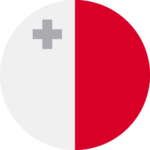 Malta (EUR)
Malta (EUR)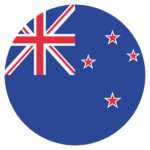 New Zealand (NZD)
New Zealand (NZD)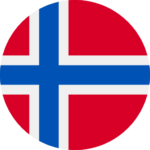 Norway (NOK)
Norway (NOK) Spain (EUR)
Spain (EUR) Sweden (SEK)
Sweden (SEK) UAE (AED)
UAE (AED)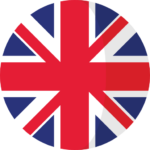 United Kingdom (GBP)
United Kingdom (GBP) Global Site (USD)
Global Site (USD)
